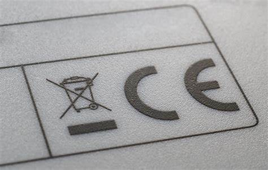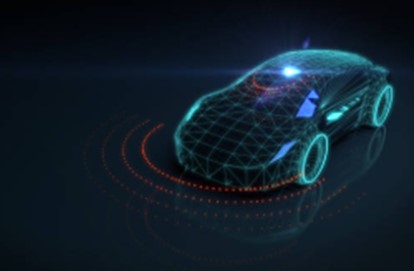To introduce a long-term strategy on the reduction of CO2 emissions from heavy duty vehicles in the European Union, the European Commission developed The Vehicle Energy Consumption Calculation Tool (VECTO) as a method of accurately determining the fuel consumption and CO2 Emissions of heavy vehicles. VECTO is a calculation tool that allows the fuel consumption and CO2 emissions of specific vehicle configurations to be calculated using input data measured from the components and systems that make up the completed vehicle, e.g., fuel consumption data from engine dynamometer testing of the engine.
The VECTO calculation tool is mandated by No. 2017/2400, meaning it is mandatory for fuel consumption and CO2 emission figures to be determined for the majority of new heavy-duty trucks before registration in the European Union. The scope of (EU) 2017/2400 originally covered N2 and N3 category vehicles. However, for full implementation and monitoring of the European Union’s policies in the reduction of CO2 emissions from road transport, it will be necessary to determine the fuel consumption and CO2 emissions of a greater range of heavy-duty vehicles than currently specified.
The European Commission have recently published two new EU regulations relating to the fuel consumption and CO2 emissions of heavy-duty vehicles.; (EU) 2022/1362 an (EU) 2022/1379.
(EU) 2022/1362
Published on August 5, 2022, this new implementing regulation covers the performance of heavy trailers regarding their influence on the fuel consumption and CO2 emissions of the motor vehicles towing those trailers. This regulation applies to O3 and O4 category vehicles, i.e. trailers and semi-trailers with a maximum mass exceeding 8,000kg, are fitted with box shaped body work and have no more than three axles.
Compliance with this new Regulation becomes mandatory for all in scope trailers and semi-trailers manufactured from January 1, 2024, and first registered from July 1, 2024.
(EU) 2022/1379
This new amending regulation, which was published on August 12, 2022, introduces significant amendments to (EU) 2017/2400. Amongst the revisions introduced by (EU) 2022/1379 is an expansion to the scope of (EU) 2017/2400 to include:
- N2 category ‘medium’ vans, trucks and tractor units having GVW between 5,000kg and 7,500KG.
- M3 category buses and coaches having GVW exceeding 7,500kg.
As well as this, this new implementing regulation also introduces new provisions to allow for fuel/energy consumption and CO2 emissions determination of pure electric vehicles, hybrid vehicles, dual fuel vehicles and vehicles fitted with technologies such as waste heat recovery systems and advanced driver assistance systems.
Compliance with these new requirements introduced by (EU) 2022/1379 becomes mandatory for all vehicles manufactured from January 1, 2024.






